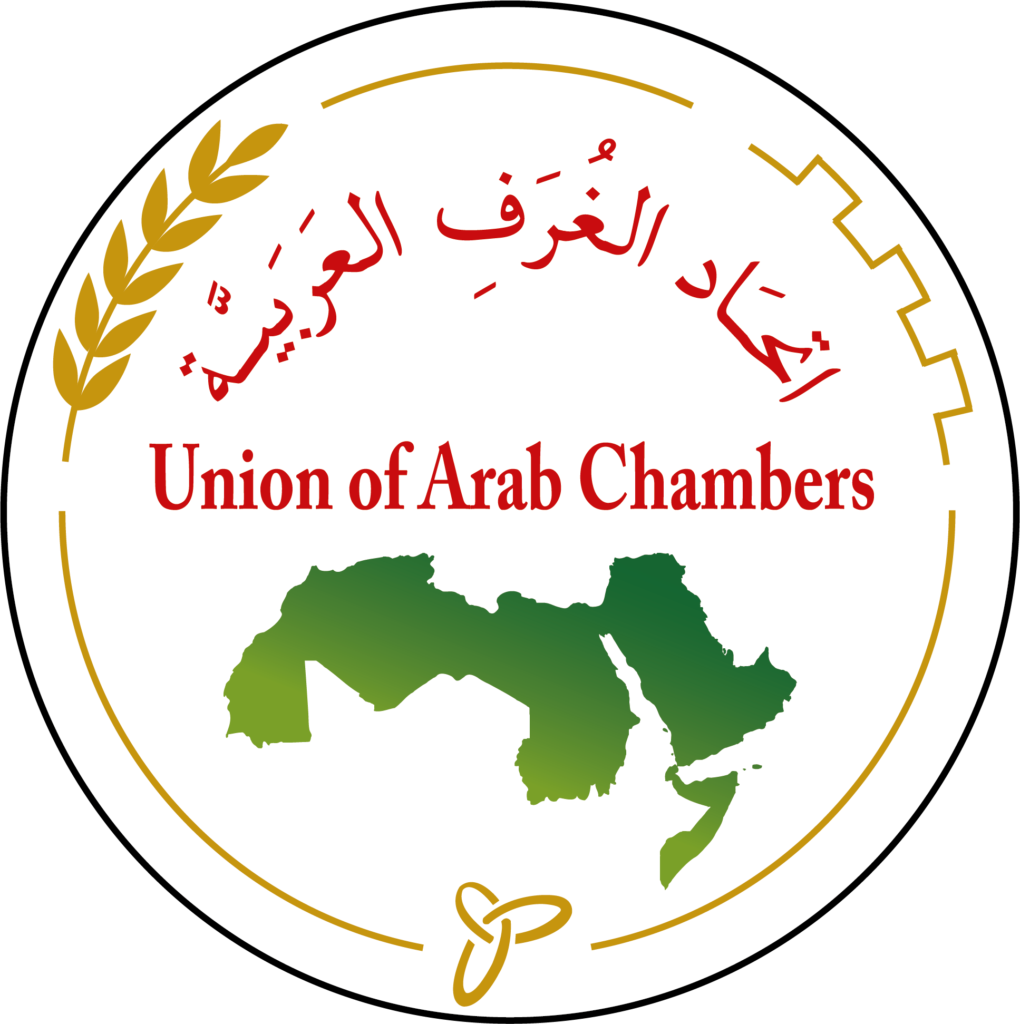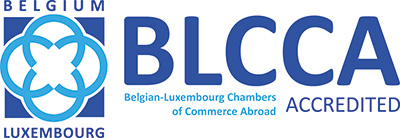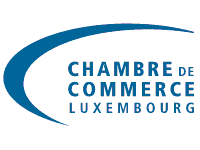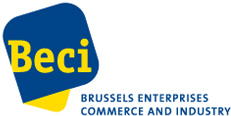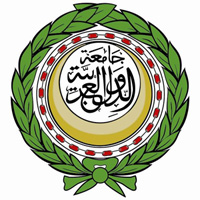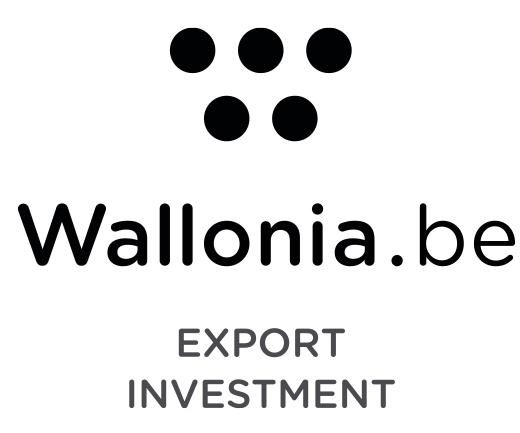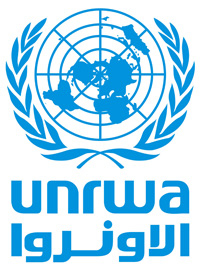1st edition 2014, January
Focus on Sudan
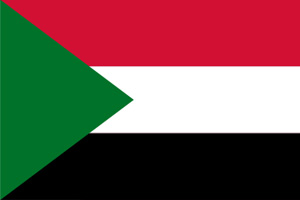
Sudan has been going through stormy weather for the past years, but a silver lining seems to be showing for the north-eastern African state, as the International Monetary Fund (IMF) has recently upgraded its projections for Sudan’s economic growth in 2013 compared to last April’s figures. The World Economic Outlook (WEO) released on 8 October 2013 by the IMF also showed Sudan’s economy is growing by 3.9% this year compared to the previous estimate of 1.2%. This year will be the first in which Sudan achieves a positive GDP growth since the secession of the South in July 2011, with the new nation taking 75% of the oil reserves that existed prior to partition.
In past decades, oil revenues constituted the majority of Sudan’s exports, national income and source of hard currency. Following South Sudan's secession in 2011, Sudan has struggled to maintain economic stability, because oil earnings now provide a far lower share of the country's need for hard currency and budget revenues. Sudan is now attempting to generate new sources of income. A hard task at hand, but the country has an important number of strong points to fall back on.

A strategic location and natural resource wealth
Providing an entrance to Africa from the east, Sudan represents the only sea outlet to a number of countries in the region. Its location on the Red Sea also makes Sudan the centre of international markets as well as the recipient of ships crossing into the Red Sea through the Suez Canal. Moreover, Sudan is well-connected to its neighboring countries by airlines, roads, sea, and river transport.
Sudan’s natural riches include agricultural land and fresh water resources, such as rivers, rain, and ground water in addition to forests, meadows, animal resources and mineral resources. The latter most notably include petroleum, gold and other precious metals.

Investment opportunities in a wide range of sectors
Finding itself in need of an improved infrastructure, Sudan welcomes investments for the establishment of roads, railways, seaports, national and international airports, telecommunications, electricity generation stations, water purification facilities and sanitation networks.
The manufacturing sector is also set to register strong growth due to the recent establishment of large cement and sugar factories, including the USD 1 billion White Nile Sugar project which is to increase the sugar production capacity by 450,000 tonnes per year. Also in cement production, growth is to be maintained, as the country is witnessing a boom in the construction sector, with high demand for residential buildings, office space and retail structures.
Investment opportunities also abound in the agricultural and animal sector, which provides for nearly 30% of the country’s GDP, and in the sector of services.
Investment-friendly environment and regulations
The Sudanese government is heavily investing in the improvement of industrial areas and the construction of new industrial cities that offer all services and infrastructure necessary for investment. Other priorities include liberalizing and privatizing the economy, which means an end will be brought to the monopoly held by the state in certain production and service fields, and modernizing laws and regulations governing investment. The government moreover pursues a policy that provides for the implementation of a flexible investment law which provides for all sorts of exemptions and concessions, including the following:
- complete exemption from customs fees for capital projects
- freedom of capital transfer
- the establishment of a “One Stop Shop” for investors
- exemptions from profit taxes of 5 to 10 years for investment projects
- customs exemptions for strategic projects and non-strategic capital goods
- granting of land for strategic projects
- providing land at beneficial prices for non-strategic projects
- right to operate without a Sudanese partner
Already, free zones in the cities of Suakin and El-Jaili grant encouraging exemptions to investors. The Sudanese investment law moreover provides that no confiscation of property will occur except through the legal system and after payment of a reasonable compensation. The investor has the right to re-transfer the capital in case the project isn’t executed or is liquidated. The investment law moreover stipulates that the transfer of profits and costs of finance should be executed in the currency of import and on the date due (after payment of the legal duties), and that the project is automatically included in the registry of importers and exporters.
Four golden rules for investing in Sudan
1. Visit Sudan in person; supervise the project and get consultancies from specialists in investment
2. Do not sell the project, change its activities or sell its equipment until after completion and operation
3. Always be aware of the investment law and its executive rules
4. Your constant updating of the ministry through progress reports on the execution of the project ensures the development of a beneficial collaboration with the Ministry of Investment.
More information on regulations, procedures and concrete investment opportunities
Visit:
www.sudaninvest.org/English/
Contact:
Sudan National Investment Authority: This email address is being protected from spambots. You need JavaScript enabled to view it.
Sudanese Embassy in Brussels: This email address is being protected from spambots. You need JavaScript enabled to view it.
Arab-Belgian-Luxembourg Chamber of Commerce: This email address is being protected from spambots. You need JavaScript enabled to view it.




















